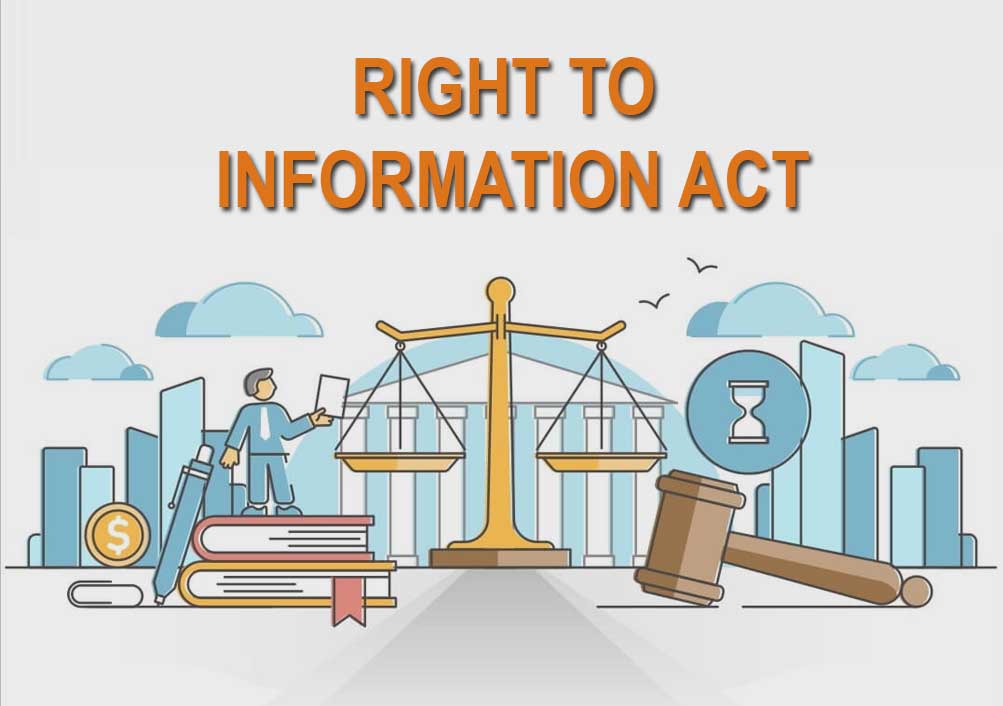Directorate of Enforcement cannot be called upon to disclose information under RTI Act except when allegations of corruption and human rights violation are involved: Delhi HC

Read Judgment: Union of India vs. Central Information Commission & Another
Pankaj Bajpai
New Delhi, March 28, 2022: Highlighting that employees have a legitimate expectation of promotion and that RTI Act is a tool which facilitates the employees and officers in airing their grievances systematically, the Delhi High Court has held that the objective of service jurisprudence is to promote human rights and if employees of an establishment cannot agitate their grievances before judicial forums, these organizations/establishments may become autocratic.
A Division Bench of Justice Manmohan and Justice Sudhir Kumar Jain observed that the employees of a security establishment cannot be deprived of their fundamental and legal rights just because they work in an intelligence and security establishment.
The background of the case was that, second respondent, working as a Superintendent in Administration with Enforcement Directorate (ED), had filed an application under Right to Information Act, 2005 (RTI Act) seeking copies of all the seniority list in respect of LDCs for the period of 1991 till date, as well as copies of the proposal for promotion of LDCs placed before the DPC together with copies of the Minutes of the Meetings and copies of the promotion orders issued on the recommendations of the DPC from time to time.
The said information was directed to be furnished by the Union of India (Appellant) to second respondent by Central Information Commission. Challenging the same, the appellant approached the High Court, whereby the Single Judge confirmed the order of CIC observing that information sought by the respondent from the petitioner does not come u/s 24 of the RTI Act. The matter reached the Apex Court by way of SLP, whereby the Apex Court directed the Delhi High Court to decide the issue with respect to applicability of the RTI Act to the Appellant and thereafter decide the stay application.
After considering the submissions, the High Court found that the Appellant is an intelligence and security organization specified in Second Schedule of RTI Act and is exempt from the purview of RTI Act except when the information pertains to allegation of corruption and human rights violation.
Consequently, the Appellant cannot be called upon to disclose information under the provisions of RTI Act except when the information sought pertains to the allegations of corruption and human rights violation, added the Court.
Speaking for the Bench, Justice Manmohan opined that the expression ‘human rights’ cannot be given a narrow or pedantic meaning, as it does not refer to the rights of the accused alone.
Human rights have been used for a variety of purposes, from resisting torture and arbitrary incarceration to determining the end of hunger and of medial neglect, and in fact, the human rights are both progressive and transformative, added the Bench.
Justice Manmohan said that non-supply of the information/documents is a human rights violation as in the absence of the same respondent No.2 would not be able to agitate her right to promotion.
However, information pertaining to proposals for promotion of third parties cannot be provided to the respondent in view of Sections 8(1)(j) and 11 of the RTI Act, clarified the Bench.
Sign up for our weekly newsletter to stay up to date on our product, events featured blog, special offer and all of the exciting things that take place here at Legitquest.




Add a Comment